Diamonds may be a girl's best friend, but two women on Fort McPherson are more attached to man's best friend.
Donna Schmack-Rose, an information management officer for G-2/G-6, at U.S. Army Forces Command, and Evelyn White, a special security officer for G-2 at FORSCOM, have both developed special places in their hearts for the furry, four-legged friends known as dogs.
Although the paths they blaze to help these animals differ, both are doing their part to help improve the lives of animals.
For Schmack-Rose, work comes in the form of a nonprofit organization, Yorkshire Terrier Angel Patrol. The group, which was started three years ago with her friend, Susan Schwarten, an administrative assistant at the University of Tennessee, works to provide pet owners with information on diseases prevalent mainly in terriers and other varieties of toy-breed category dogs, Schmack-Rose said.
Before starting the nonprofit, Schmack-Rose dabbled with various Yorkshire Terrier rescue organizations for 12 years after being introduced to the breed while working overseas.
"When in Germany, I got a Yorkie," Schmack-Rose said, citing a friend's ownership as her reason for adopting one.
Since then, her family of dogs has grown to six, with four Yorkies and two Maltese. Of her four Yorkies, two, Winkie and Molly, are rescue dogs suffering from liver shunts, a blood vessel disease that compromises liver function and lets toxins that should have been removed from the blood remain in the system.
Build up can cause seizures, stunt growth and if left untreated, result in death.
With two of her pets suffering from the disease, Schmack-Rose decided to help educate others who might be in her situation.
Like Schmack-Rose, White, who works to find homes for abandoned animals through the Georgia Heartland Humane Society, opened her heart to this passion while outside the continental U.S. Each day after leaving work in Puerto Rico, she noticed a white dog sitting outside a restaurant. After several days of watching him, she began asking around to see if anyone owned it. When no one claimed ownership, she decided to take it in.
"Something in me changed," she said of that action. "I think it was destined."
One thing she didn't expect was the puppies the dog, a mixed cocker spaniel/golden retriever whom she named Satin, had. Still, even that would turn into a blessing for White, who was under a lot of stress with an upcoming move back to the continental U.S.
"It was very stressful at the time," White said. "Taking care of her and her puppies took my mind off the stress."
Eventually, White managed to find homes for all the puppies, but kept Satin, who traveled back with her to America. So, too, did the habit of helping abandoned dogs. Ironically, like finding Satin, the change came about in an unexpected way.
"I walked into Petsmart to get things for my dog and ended up gravitating to a group of ladies," she said.
The women, all from GHHS, were looking for individuals to help foster strays. White signed up and has fostered three dogs since 2004: Bailey, Raven and Freeway, whom she adopted.
"It was hard to part with each dog," she said. It was that pain that eventually led White to pursue other avenues to help animals. She now works on fundraisers, transporting animals for GHHS and reaching out to other humane organizations.
Schmack-Rose's nonprofit group also reaches out to other organizations, including top universities. All the information listed on www.yorkieangelpatrol.com, the the YAP Web site, is certified by universities, such as UT and North Carolina State University, Schmack-Rose said.
The universities also work with the organization to combat diseases like liver shunts and collapsed tracheas in dogs, Schmack-Rose said.
Additionally, some of the universities develop special funds to combat the disease they provide research on for YAP. UT has The University of Tennessee Angel Fund to help keep the cost of surgery down for pet owners, and NCSU created a fund to combat granulomatous meningo encephalitis, a neurological disorder that affects the spinal cord and brain.
"It helps owners afford a spinal tap to diagnose the disease," Schmack-Rose said.
This directly helps the rescue organizations, as many times dogs rescued are suffering from diseases, Schmack-Rose said.
Unfortunately, diseases are often not the only problem some rescue dogs face. Many of these animals are neglected and abused, which causes them to end up in the care of the rescue organizations.
"Rescue dogs have been through a lot," White said. "They've had a hard life. You need to give them a chance, (and sometimes) a second or third."
Although Schmack-Rose said not everybody may be able to handle a rescue dog, the rewards are numerous for those able to provide a good home.
"A rescue dog's love doesn't come naturally, but once that happens, the reward of that... you can't explain it," Schmack-Rose said. "When you get an abused dog who doesn't know comfort and that dog ends up living a happy life, the dog is exuberant."
White agreed, saying, "You can see they appreciate it more."
The benefits aren't just seen in the wagging tails of pets. In reaching out to animals, White said she's become more human.
"I've become a better person," she said.
Working with animals is also helping people, in addition to pets, Schmack-Rose said.
Part of YAP's partnership with UT is the Fancy Fund for Collapsed Tracheas, which helps fund research to combat this ailment, which is common in Yorkshire Terriers. Through this research, the university staff has developed the infinity stint, a stint made of a material that doesn't wear down and collapse after extended periods in the body, Schmack-Rose said.
"There could be a human benefit," she said, adding that it could be useful in artificial devices, like artificial hearts, implanted in people. "Cardiologists are working with vets."
Schmack-Rose said she hopes people step up and help support animal charities, just as they do to those designed for people.
"There are people out there supporting other causes," she said. "People need to be out there supporting these types, as well."
One way to get involved is to look at animals available at animal shelters.
"Rather than encourage breeders, there are enough dogs out here already," White said, adding she and her two rescue dogs are a "wonderful little family."
People can view some of the animals available at GHHS at their Web site, www.gaheartland.com.
"They're all God's creatures," White said. "I think we need to take care of them."
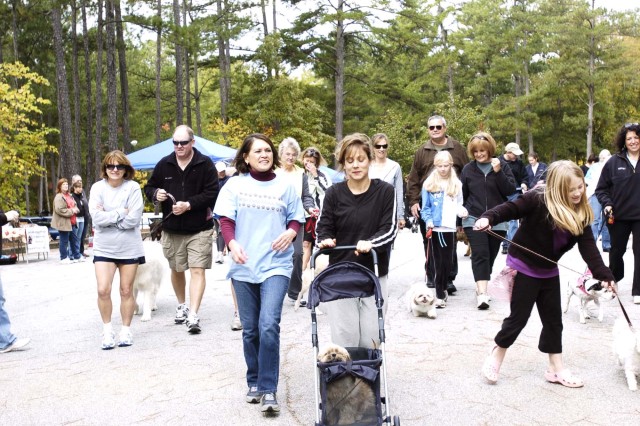
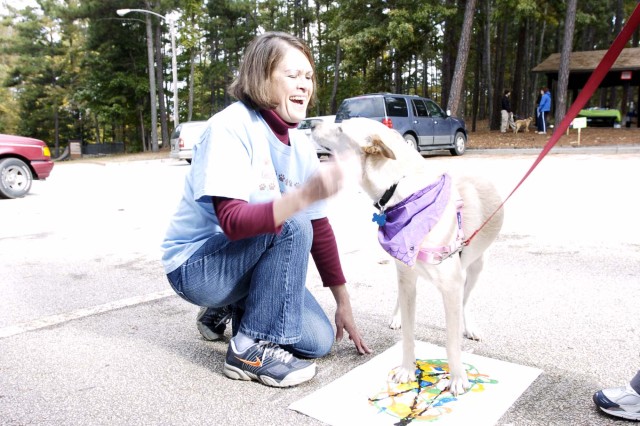
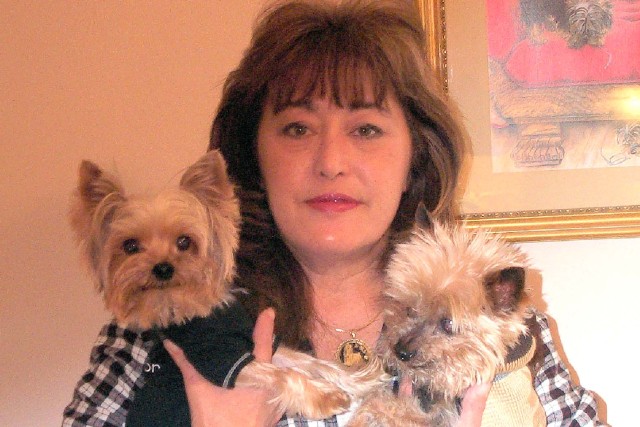
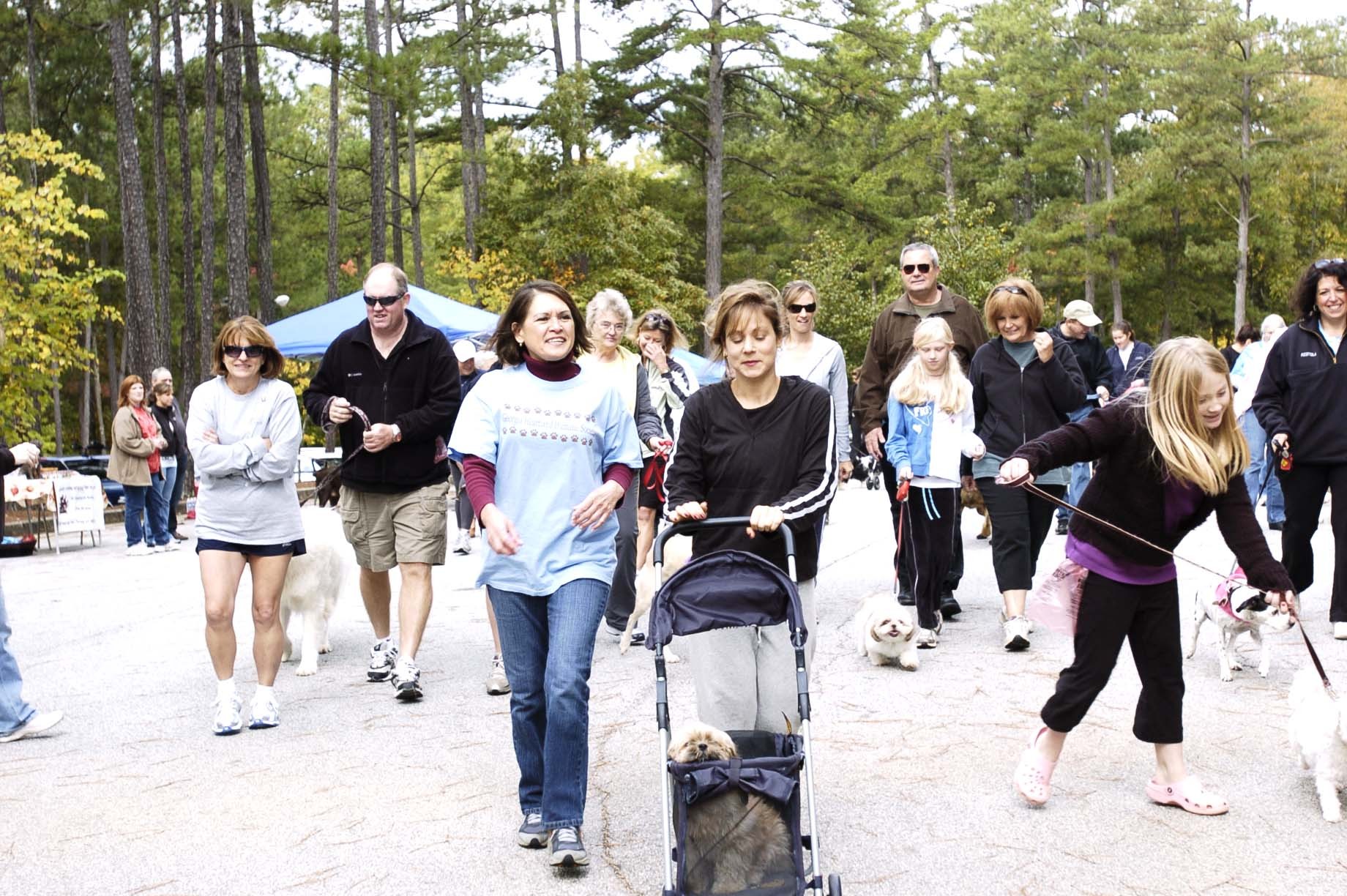
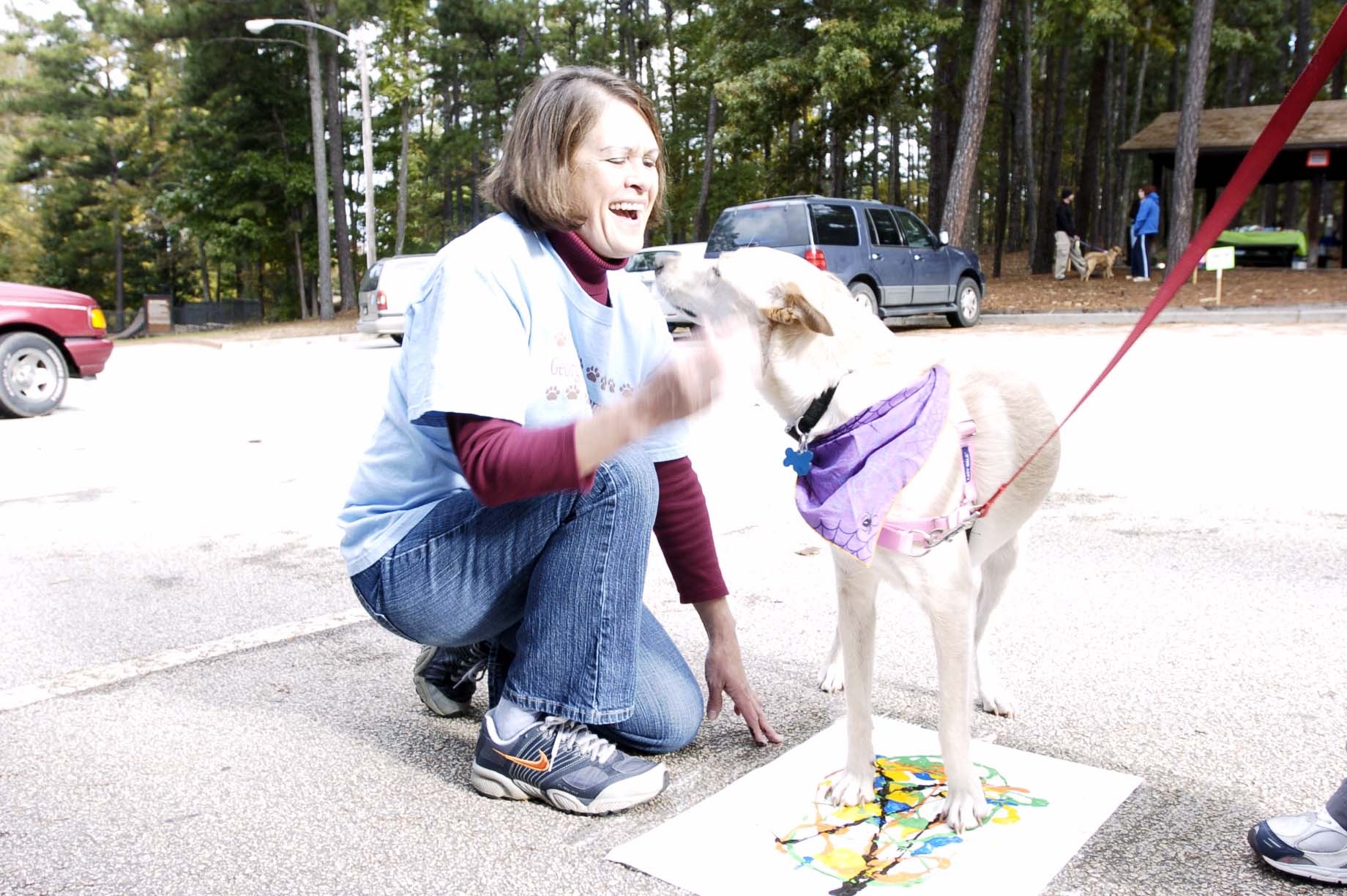
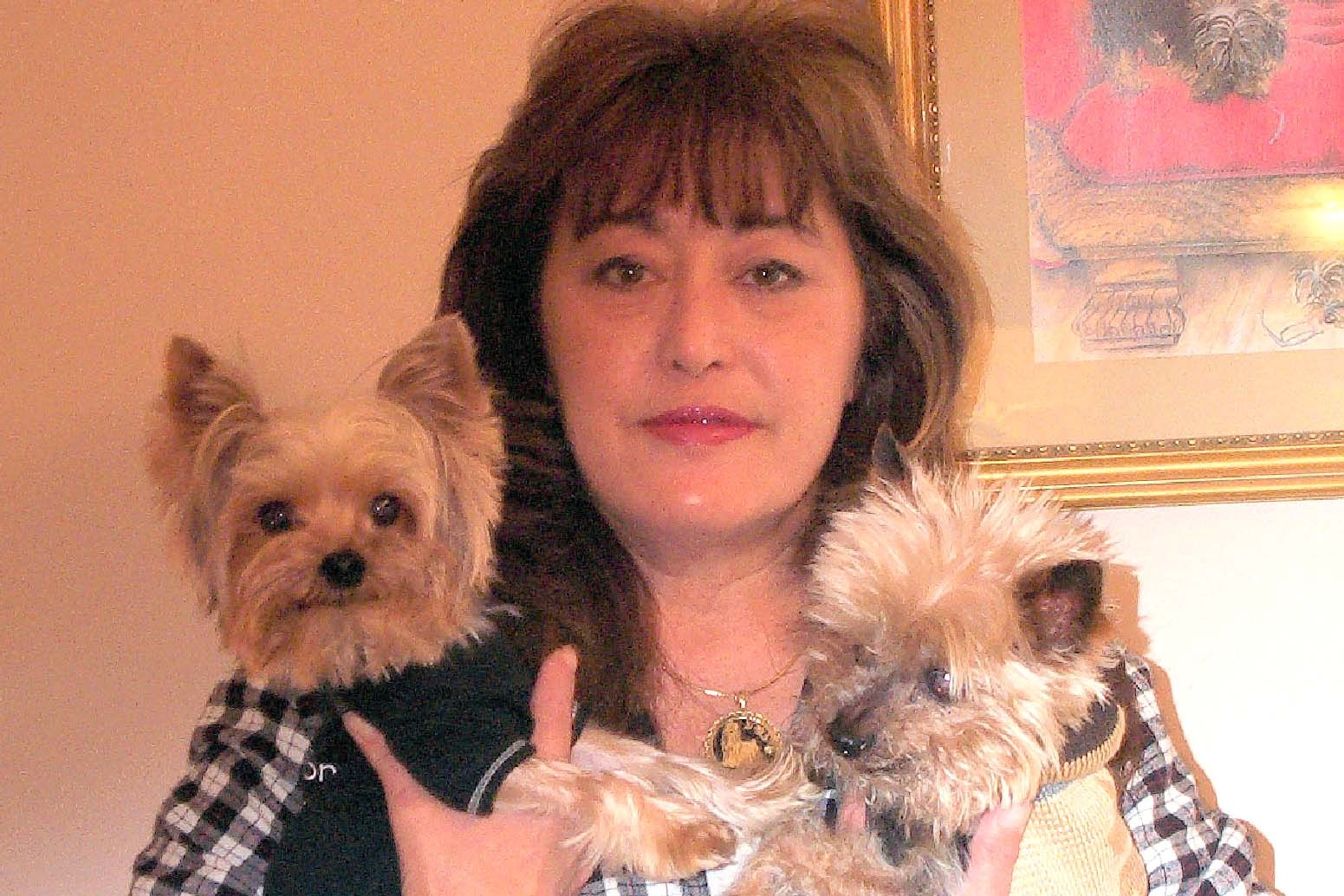
Social Sharing